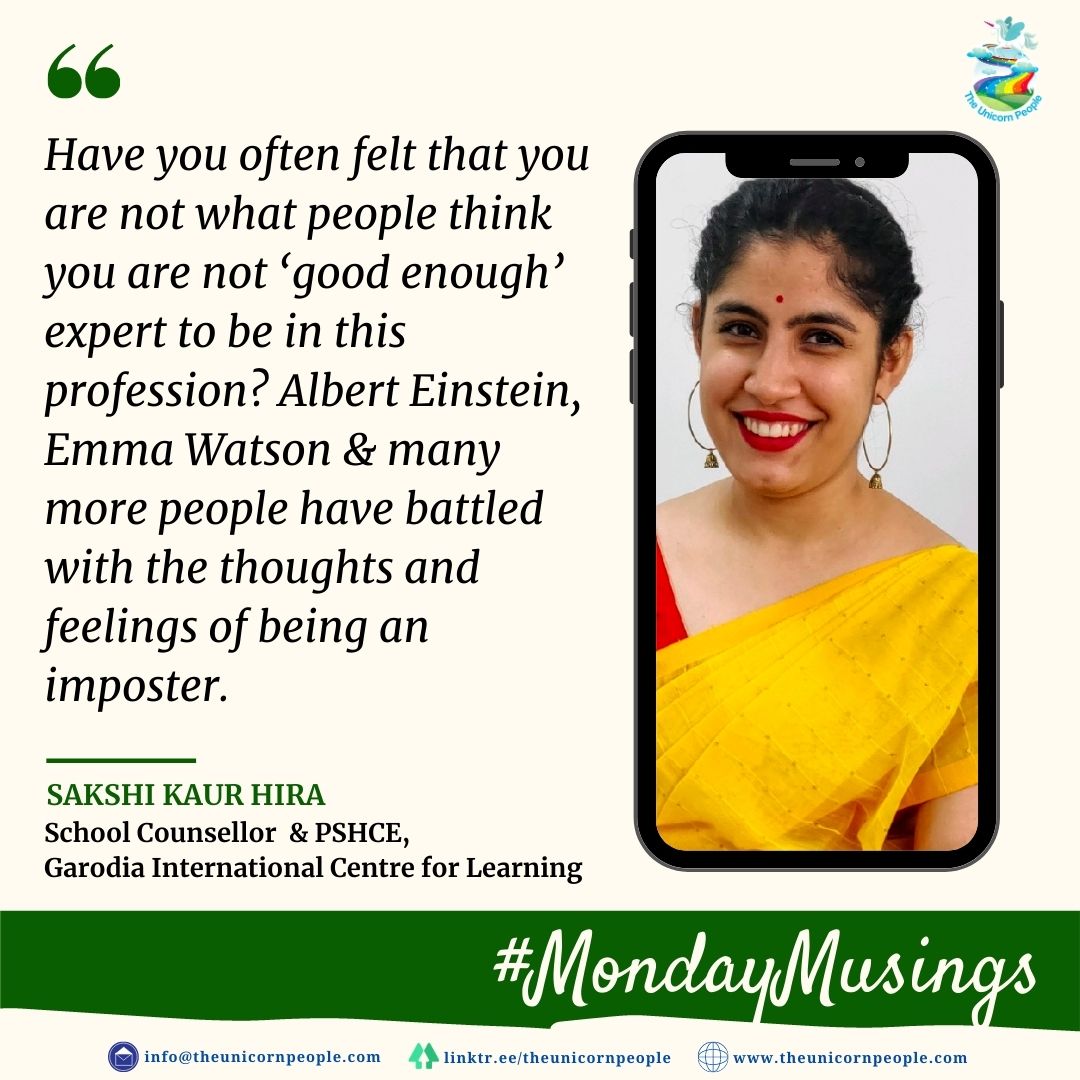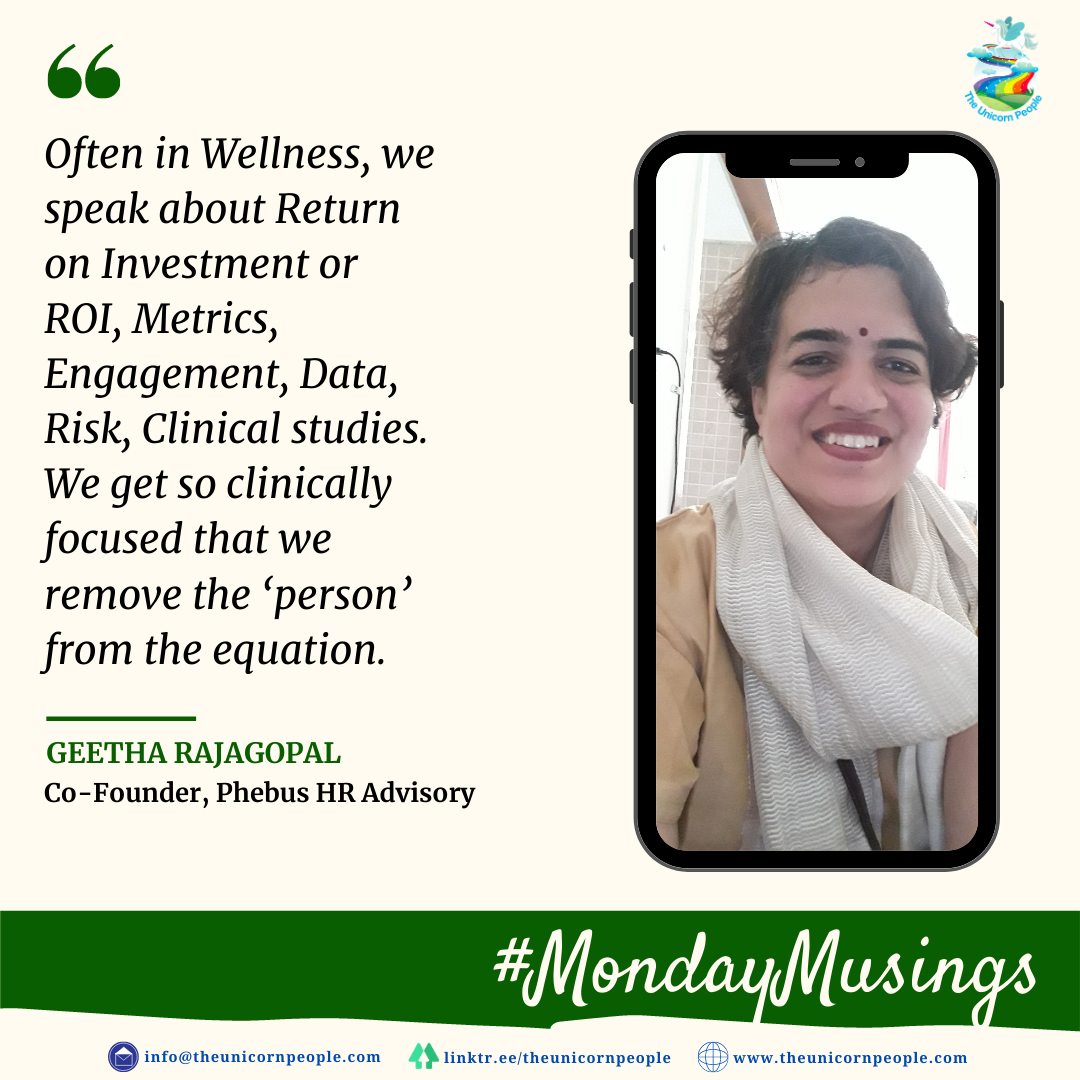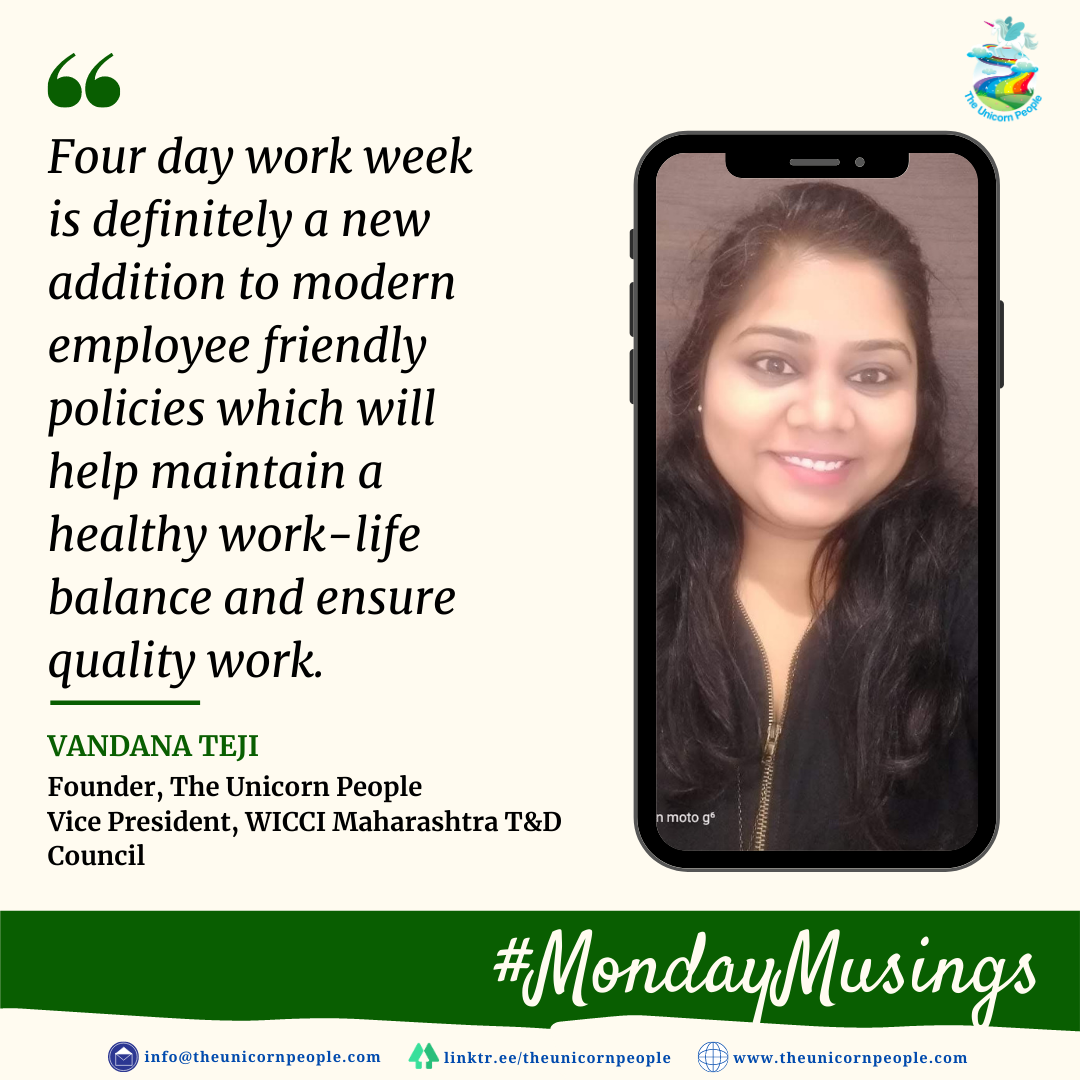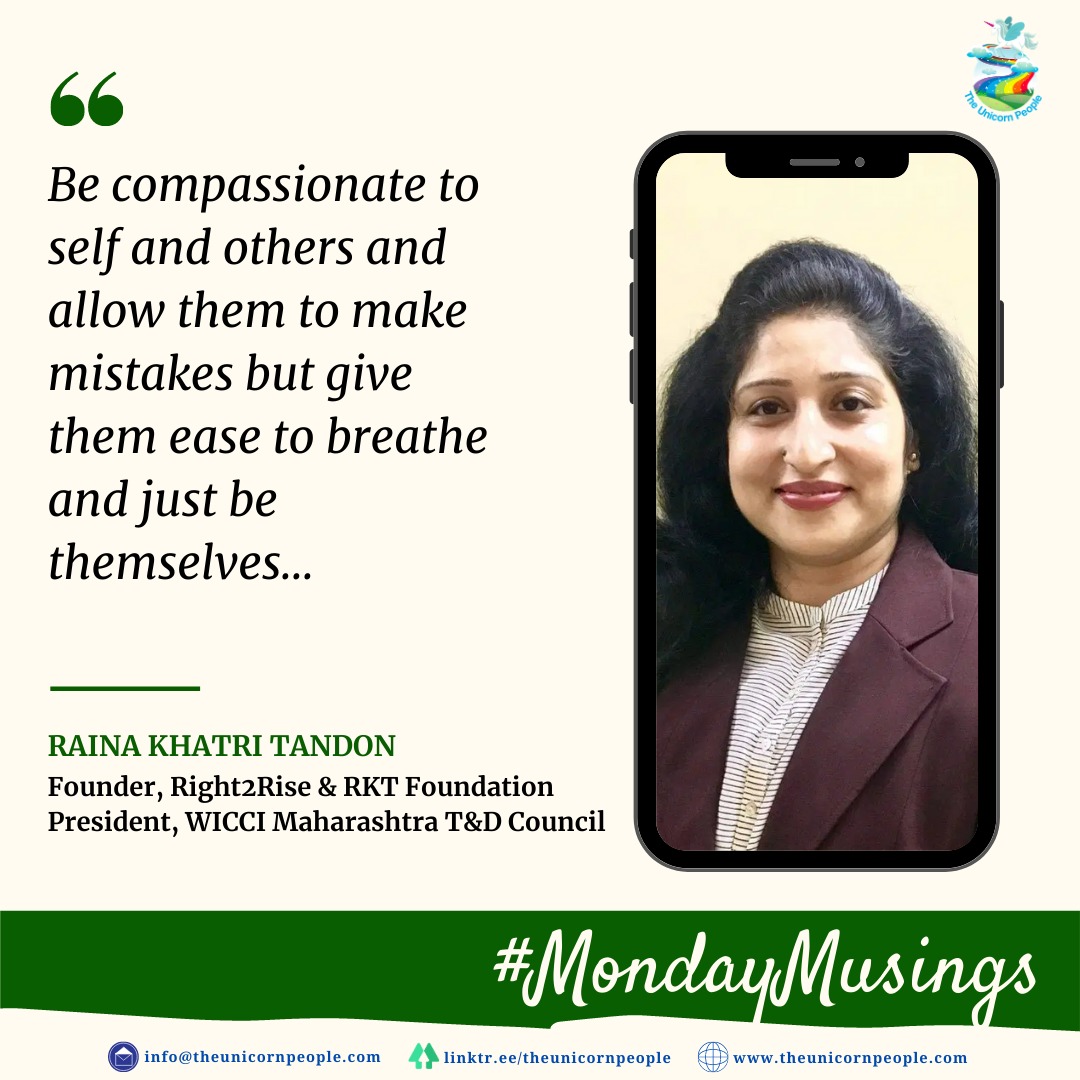Author: Sakshi Kaur Hira, IBDP Psychology facilitator, School Counsellor and PSHCE curriculum Coordinator, Garodia International Centre for Learning Mumbai.
Have you often felt that you are not what people think you are not ‘good enough’ expert to be in this profession? And people will find out about your lack of knowledge or expertise?
Let me ask this straight, ‘Have you persistently felt that you’re inadequate and anyone at any time may find out that you’re a fraud?’ How about if I tell you that this is a common phenomenon and many experts and highly qualified professionals also feel the same at one point in their lives.
This sense of inadequacy, being a fraud and believing that one has succeeded with luck and not hard work despite contrasting evidence, is called Imposter Syndrome. With the above-mentioned collection of feelings, there is a persistent sense of fear of being discovered as not ‘good enough’. It could be a rush of relief that you may experience after knowing that a study found, almost 70% of the people who participated experienced these imposter feelings at some point in their life. Infact, Albert Einstein, Maya Angelou, Emma Watson and many more people have battled with the thoughts and feelings of being an imposter in the world, whose work doesn’t really need to be praised.

While experiencing self-doubt could be exhausting, these feelings are often helpful in telling us which area one can work to become proficient in the areas you’d like to excel.
Mind you’ll, I do not aim to change your perspective from a negative to a positive one. I am not asking you to look at the brighter side. What I am telling you is that such feelings definitely push us into reviewing our work, but it will not make us suddenly feel like a non-imposter. When bouts of self-doubt are too deep, thinking, and doing what a non-imposter would do might help in putting your thoughts into action.
What are other ways to manage imposter feelings? As mentioned above, feelings of imposter are quite common, sharing with non-judgmental and accepting colleagues, friends, and family may help you feel quite okay knowing that they experience it too. By sharing, you may experience a sense of relief to witness that firstly, you are not alone, and secondly, that people do lead a fulfilling life despite having thoughts of self-doubt.
The feelings of inadequacy can be quite unpleasant to experience now and then and so seeking supervision or asking for help is not at all a bad idea. As I mentioned above, do and think how a non-imposter would do.
Now the most helpful way to work on self-doubt is seeking professional help from a counselor or mental health professional. In addition to self-doubt, if you experience persistent procrastination, lack of motivation, frustration, etc., it could be that you are surrounded by a much more complex context that might not be resolved just by talking or seeking supervision. A mental health professional will be able to guide you and plan techniques for you that are individualized and might help you to work on the root concerns of you feeling self-doubt and ‘not enough’.
With all the information, it is important to remember that you will experience your own process to workaround such feelings, so be kind to yourself and keep taking breaks in the process.





